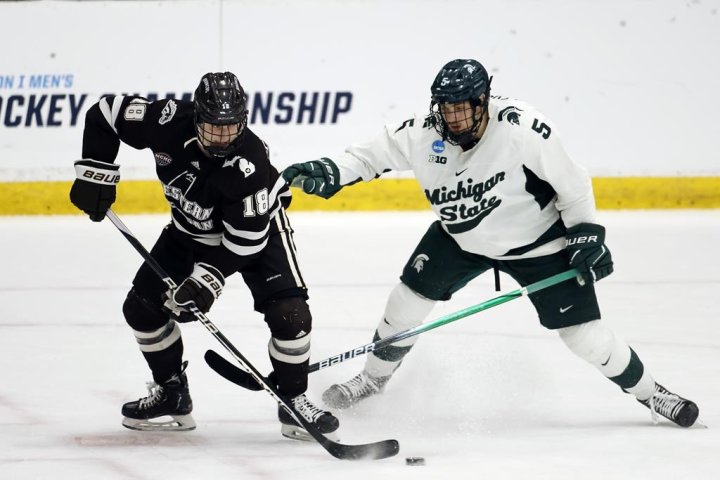
The NCAA recently announced several rule changes that could have a significant impact on Canadian Hockey League (CHL) players looking to pursue a collegiate hockey career. These changes, which are set to go into effect in the 2021-2022 season, aim to provide more flexibility for CHL players while also maintaining the integrity of amateurism in college sports.
One of the most notable rule changes is the elimination of the requirement for CHL players to declare their intent to play in the NCAA by a certain age. Previously, players had to declare their intent by the age of 20 in order to maintain their eligibility for NCAA competition. This rule change will allow players to continue playing in the CHL beyond the age of 20 without jeopardizing their eligibility for NCAA play.
Another significant change is the removal of restrictions on CHL players receiving financial assistance from their teams. Under the previous rules, CHL players were limited in the amount of financial assistance they could receive from their teams without jeopardizing their NCAA eligibility. This change will allow players to receive more financial support from their CHL teams while still being able to compete in the NCAA.
These rule changes are expected to have a positive impact on CHL players who are looking to pursue a collegiate hockey career. By providing more flexibility and support for these players, the NCAA is making it easier for them to transition from the CHL to the NCAA without sacrificing their eligibility or amateur status.
However, it is important for CHL players and their families to carefully consider the implications of these rule changes before making any decisions about their future. While the changes may make it easier for CHL players to pursue a collegiate hockey career, they must still adhere to NCAA rules and regulations in order to maintain their eligibility.
Overall, the potential impact of these NCAA rule changes on CHL players in hockey is significant. By providing more flexibility and support for these players, the NCAA is making it easier for them to pursue their collegiate hockey dreams while still maintaining their amateur status. It will be interesting to see how these changes play out in the coming seasons and how they will affect the landscape of collegiate hockey recruitment.

